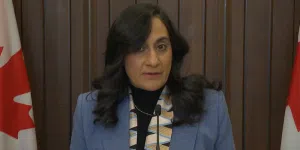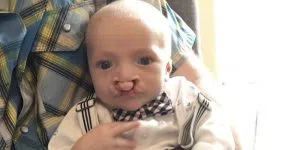The loss of one of our own reporters this week has led to a conversation about mental health in society.
For a journalist, when you report on a story, you are always aware that to some extent you can influence it, and not always for the best. This is part of the reasoning behind how first responders and media speak about suicide.
VOCM’s Andrew Hawthorn on one journalist’s point of view.
One of the most shocking things you find when you become a reporter is that this is happening all the time.
Even in our relatively small community, here at VOCM we encounter around a half dozen cases of someone having taken their own life each month. Again, that’s just a month.
These are just the ones we hear about. I know of two cases personally that never made it to the newsroom.
For reporters, police, and first responders, the reason to be careful in reporting these stories is obvious. Mental illness is affected by ideas. Suicide contagion is a real danger, as is ideation depending on the circumstances, to say nothing of causing more harm to a family already in grief.
But it is so frequent, and so utterly common, that a conversation needs to be had on how we deal, not even on the personal level of individual cases, but for all of us, so that we can learn a better way to give some voice to unspeakable tragedy.
St. John’s Mayor Danny Breen called VOCM Open Line with Paddy Daly to pass along his condolences. Breen says mental health is one of the biggest challenges facing the country right now.
Telegram journalist David Maher worked alongside Meech during a stint in the VOCM Newsroom, and became close friends both on and off the job.
Maher says Meech had a drive and enthusiasm that made him one of the unsung heroes of the local journalism community.
He calls it an tragedy, but calls it an important reason to talk, saying it must be discussed, so these feelings can be confronted.






















